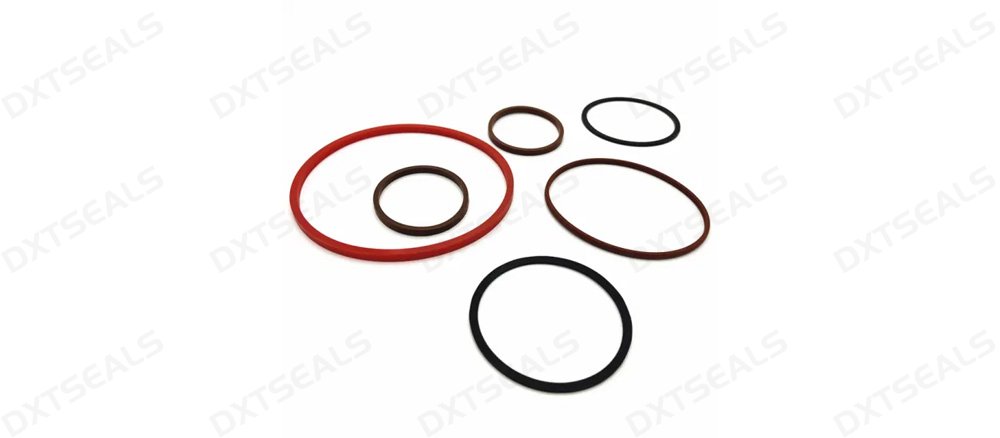
Rubber gaskets play a vital role in the automotive industry, serving as essential components in various applications. Their ability to create effective seals in engines, transmissions, and other critical areas ensures optimal performance and safety. In this article, we will explore the key benefits of using rubber gaskets in automotive applications and why they are indispensable for modern vehicles.
1. Excellent Sealing Properties
One of the primary functions of rubber gaskets is to provide a reliable seal between components. This prevents the leakage of fluids, gases, and contaminants, ensuring that engines and other systems operate efficiently. By maintaining a tight seal, rubber gaskets help to enhance the overall performance and reliability of the vehicle.
2. Vibration and Noise Dampening
Rubber gaskets are inherently flexible, allowing them to absorb vibrations and reduce noise in automotive applications. This is particularly important in engines and transmission systems, where excessive vibration can lead to wear and tear on components. By dampening vibrations, rubber gaskets contribute to a smoother and quieter driving experience.
3. Resistance to Environmental Factors
Automotive environments can be harsh, with exposure to extreme temperatures, oils, chemicals, and moisture. Rubber gaskets are designed to withstand these conditions, providing excellent resistance to degradation. Materials like nitrile, EPDM, and silicone are commonly used to ensure that gaskets maintain their integrity over time, regardless of environmental challenges.
4. Cost-Effectiveness and Longevity
Using rubber gaskets in automotive applications can be a cost-effective solution. Their durability means fewer replacements are needed, which reduces maintenance costs over time. Additionally, high-quality rubber gaskets can last for years, providing reliable performance throughout the vehicle's lifespan.
5. Customization Options
Rubber gaskets can be customized to meet specific requirements, including shape, size, and hardness. This flexibility allows manufacturers to design gaskets that perfectly fit the unique specifications of various automotive components. Custom gaskets ensure optimal sealing and performance in specialized applications.
6. Compliance with Industry Standards
Rubber gaskets used in automotive applications are often manufactured to meet stringent industry standards. This ensures that they provide reliable performance and safety in critical applications, such as fuel systems and engine components. Compliance with these standards is essential for maintaining vehicle safety and regulatory requirements.
7. Applications in the Automotive Industry
Rubber gaskets are utilized in a wide range of automotive applications, including:
- Engine components: Sealing oil pans, valve covers, and timing covers to prevent leaks.
- Transmission systems: Providing seals in gearboxes to maintain fluid integrity.
- Cooling systems: Sealing water pumps and radiator connections to prevent coolant loss.
- Exhaust systems: Ensuring tight seals in exhaust manifolds to prevent gas leaks.
8. Conclusion
Rubber gaskets are essential components in automotive applications, offering a multitude of benefits that enhance performance, safety, and efficiency. Their excellent sealing properties, resistance to environmental factors, and cost-effectiveness make them a preferred choice for manufacturers and mechanics alike. By understanding the key advantages of rubber gaskets, you can appreciate their crucial role in the automotive industry and the overall functioning of modern vehicles.
